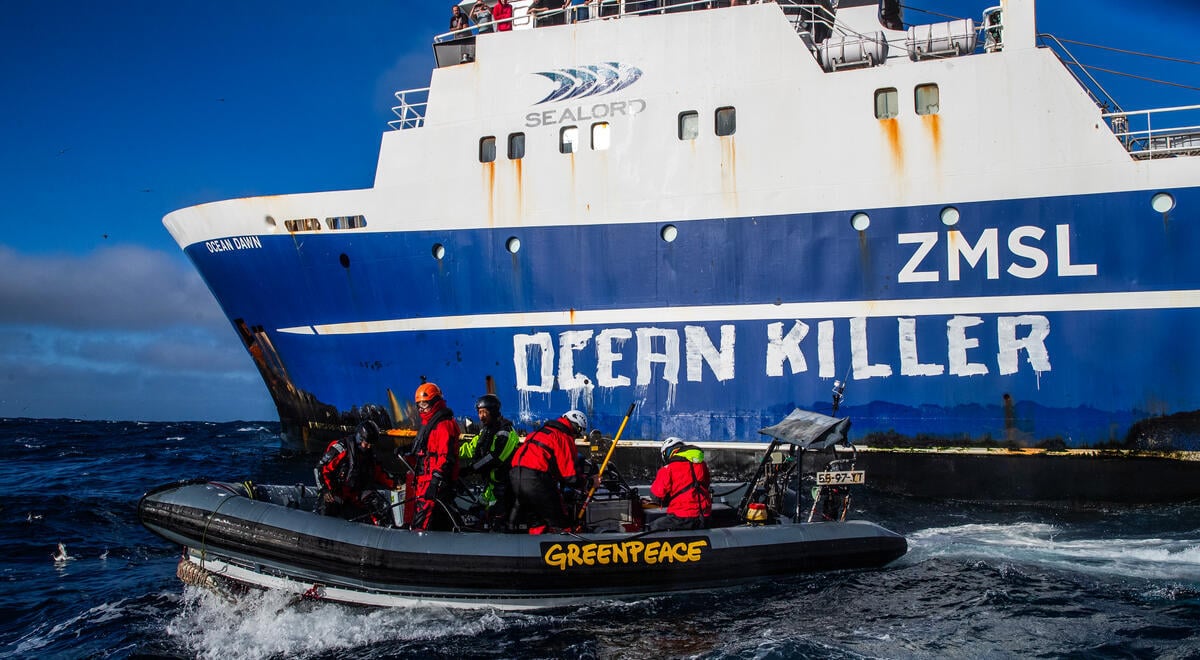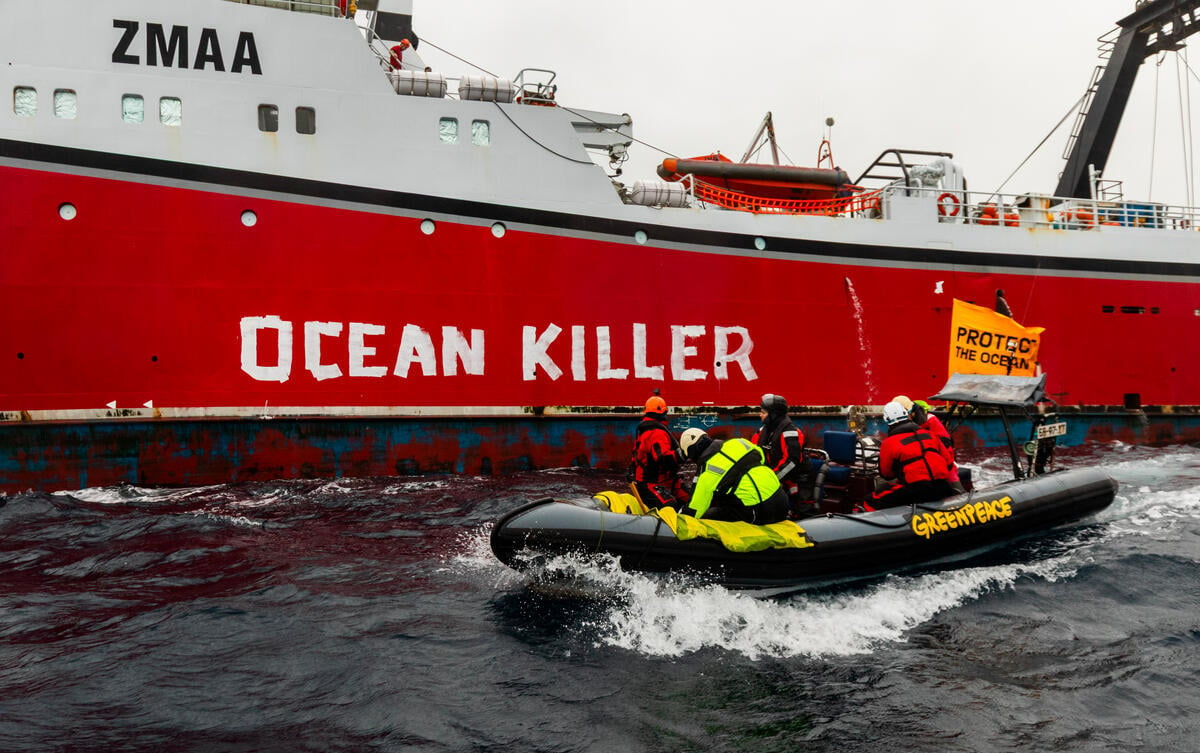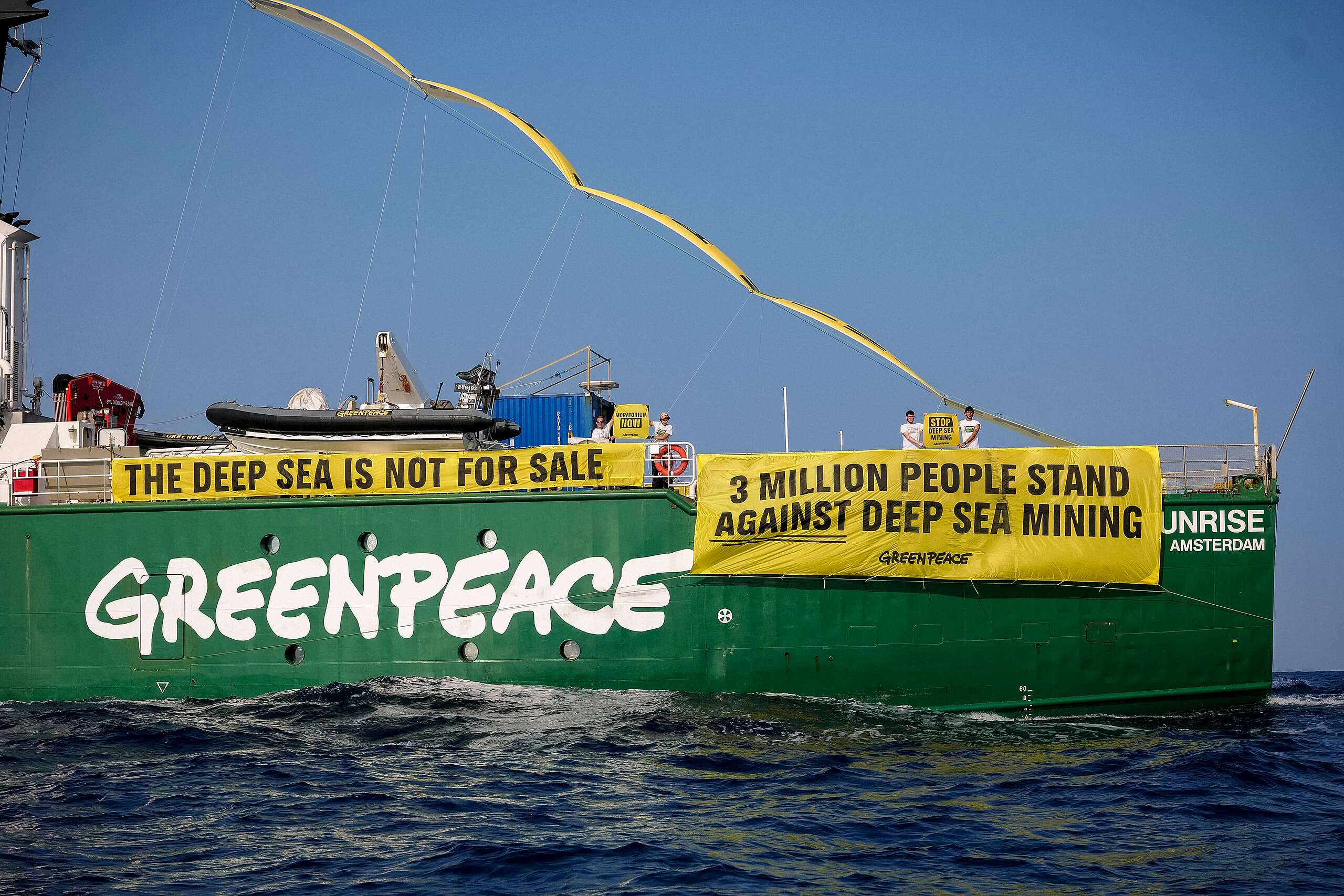One of the world’s most recognisable sustainability certifications, the Marine Stewardship Council (MSC) tick, has been exposed for the sham that it is, says Greenpeace, following a new report from environmental NGO Bloom.
Researchers, who looked at every MSC certified fish catch between 2009 and 2017, revealed that a whopping 83% was caught using environmentally destructive fishing methods like bottom trawling, dredging and purse seining.
Jessica Desmond, oceans campaigner at Greenpeace, says this is further proof that MSC labels are a sham now used to deceive consumers into thinking they’re buying sustainable products.
“The MSC tick has been revealed for what it really is: an exercise in fishing industry greenwash,” she says.
“The fishing industry is painting their public face green while below the waterline they continue to profit from industrial-scale ocean destruction via bottom trawling.
“Seafood New Zealand uses MSC certifications as proof they are looking after our ocean, and major NZ fishing companies Talley’s and Sanfords proudly tout their labels too. It’s a dishonest representation of the impact catching these fish is having on our ocean.”
As well as assessing the percentage of fish caught through environmentally damaging means, the report also reviewed the communications put out by MSC over the same period.
And despite the vast majority of certifications going to industrial, high-impact fisheries, and only a tiny percentage going to small, low-impact fisheries (7% of the total), these small fisheries were hugely over-represented in MSC’s visual communications, representing them 47% of the time.
An excerpt from the Bloom report 2020
Desmond says it’s clear the deceit is deliberate.
“Peel back the label and it’s very obvious what’s going on. MSC are giving industrial scale fisheries the thumbs up out at sea where we can’t see them, while painting a romanticised vision of their industry for the public,” she says.
“It’s an example of the big guys – of large-scale industrial fishing – giving a terrible name to small operations who are genuinely exercising ocean stewardship. In fact according to the report, these small operations are the only ones who’d pass a genuine test of sustainability.”
Further details in the report pointed out that fishing companies employ and pay the people that certify them, raising serious questions about impartiality.
Desmond says commercial fishing both locally and internationally needs to be better regulated to ensure the future health of the ocean.
“The industrial fishing industry seems to think it can play its own judge and jury. They want to set their own rules, monitor themselves, and then to quite literally give themselves a big tick for sustainability at the end. It’s not fair for people who are trying to make more sustainable choices.
“The latest science shows ocean recovery is possible, but we need to be honest about the state it’s in and start acting to rectify it. Pretending fishing practices are more sustainable than they really are paints an incomplete picture, and delays urgent moves to protect them.”




